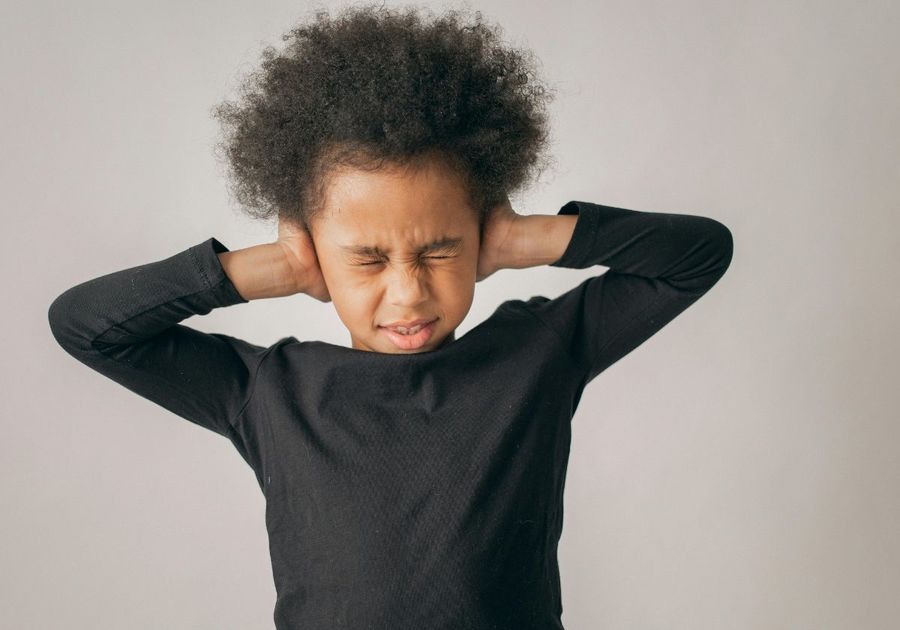It's important to note that parenting styles can vary widely, and what may be stressful for one child might not be for another. However, some common ways parents unintentionally cause unnecessary stress for their kids include:
- Overemphasis on academic performance: Putting excessive pressure on children to excel academically can lead to stress. Unrealistic expectations and constant focus on grades may make children feel inadequate or fearful of failure.
- Over-scheduling: Enrolling children in too many extracurricular activities can leave them feeling overwhelmed and stressed. It's important to find a balance that allows for downtime and relaxation.
- Comparisons with siblings or peers: Constantly comparing a child to their siblings or peers can create a sense of competition and inadequacy. Each child is unique, and their strengths and weaknesses should be recognized and celebrated individually.
- High expectations: Setting excessively high expectations for behavior, achievements, or responsibilities may create anxiety for children. It's important to set realistic and age-appropriate expectations.
- Lack of emotional support: Failing to provide emotional support and a safe space for children to express their feelings can lead to stress. Children need to feel heard, understood, and supported in dealing with their emotions.
- Overprotection: Being overly protective can limit a child's ability to develop independence and resilience. Allowing age-appropriate challenges helps build confidence and coping skills.
- Inconsistent or harsh discipline: Inconsistent discipline or overly harsh punishments can create anxiety and fear. A stable and nurturing disciplinary approach is more effective in promoting positive behavior.
- Unrealistic fears and anxieties: Transferring personal fears and anxieties onto children can cause unnecessary stress. It's important for parents to manage their own anxieties and not project them onto their children.
- Unrealistic body image expectations: Commenting on a child's appearance or weight in a negative way can contribute to body image issues and stress. Encouraging a healthy lifestyle and positive self-image is more beneficial.
- Ignoring a child's feelings: Dismissing or invalidating a child's feelings may make them feel unheard or unimportant. It's crucial to acknowledge and validate their emotions, even if the parent doesn't fully understand or agree.
It's important for parents to be mindful of their actions and communication styles, fostering a supportive and nurturing environment that encourages a child's well-rounded development. Open communication and understanding can help minimize unnecessary stress.



